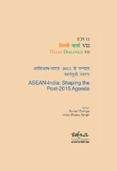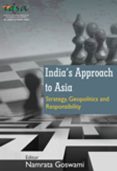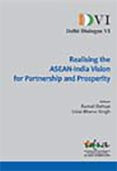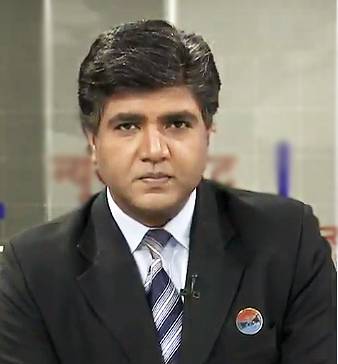Inside, Outside: India’s ‘Exterior Lines’ in the South China Sea
New Delhi has long countenanced the idea of extra-regional operations. The Maritime Military Strategy published in 2007, for instance, lists the South China Sea and the Pacific Ocean among ‘secondary areas’ of endeavour for the Indian sea services. ‘Areas of secondary interest will come in where there is a direct connection with areas of primary interest, or where they impinge on the deployment of future maritime forces.’ 1 The South China Sea abuts the Indian Ocean, the most compelling zone of primary interest for New Delhi, through the Malacca Strait.
- James R. Holmes
- May 2012










